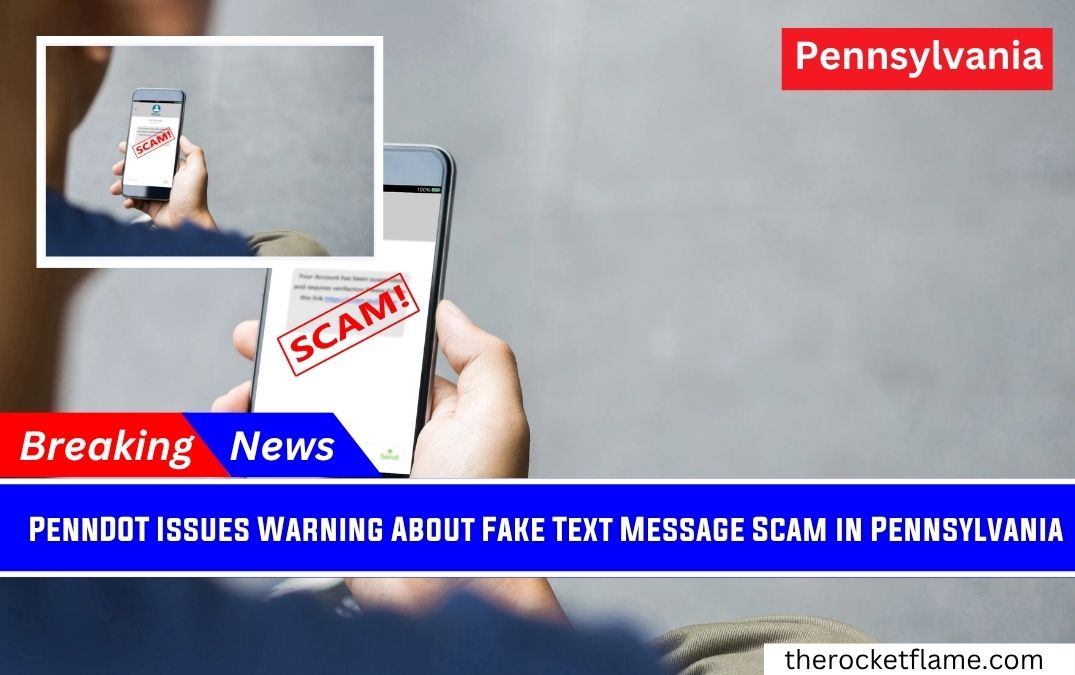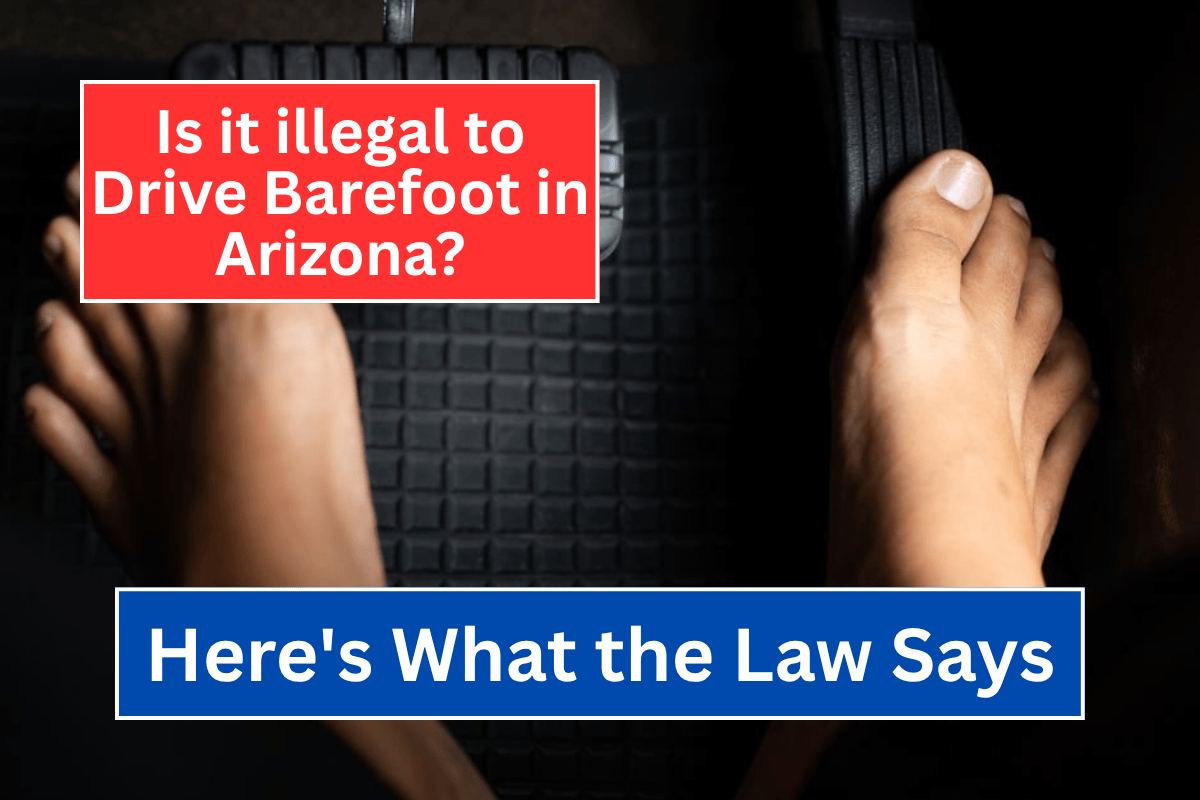hese fake texts claim to be from PennDOT or the DMV and may include links designed to steal personal information.
What Happened
PennDOT recently posted on Facebook, warning the public about scam texts that falsely appear to come from the agency.
These messages often reference violations or fines and include suspicious links.
Key Details
- Scammers are impersonating PennDOT or the DMV via text.
- The messages may ask recipients to click on a malicious link.
- PennDOT confirmed they do not send text messages about traffic violations or fines.
Reactions or Statements
PennDOT emphasized on social media that these messages are not legitimate and should be ignored.
They urged the public not to click on any suspicious links and to avoid sharing any personal information.
Investigation or What’s Next
Recipients of scam messages are encouraged to report the incident to:
- Federal Trade Commission (FTC) – www.ftc.gov
- FBI Internet Crime Complaint Center (IC3) – www.ic3.gov
These agencies track digital fraud and can investigate recurring threats.
FAQs
Q: Does PennDOT send text messages about fines or violations?
A: No. PennDOT does not send texts regarding fines, fees, or violations.
Q: What should I do if I receive a scam text?
A: Do not click any links. Report the message to the FTC or FBI’s IC3.
Q: What do these scam texts usually say?
A: They often mention fake fines or penalties and include links claiming to be from PennDOT or the DMV.
Q: How can I verify if a message is from PennDOT?
A: Visit PennDOT’s official website or contact them directly. Do not trust unsolicited messages.
Q: Can these scams harm my device?
A: Yes. Clicking the link can install malware or lead to identity theft.
Summary / Final Takeaway
PennDOT is cautioning all Pennsylvania residents to remain alert for fraudulent text messages impersonating the department.
Never click suspicious links or provide personal data via text. Always verify directly through official channels.












